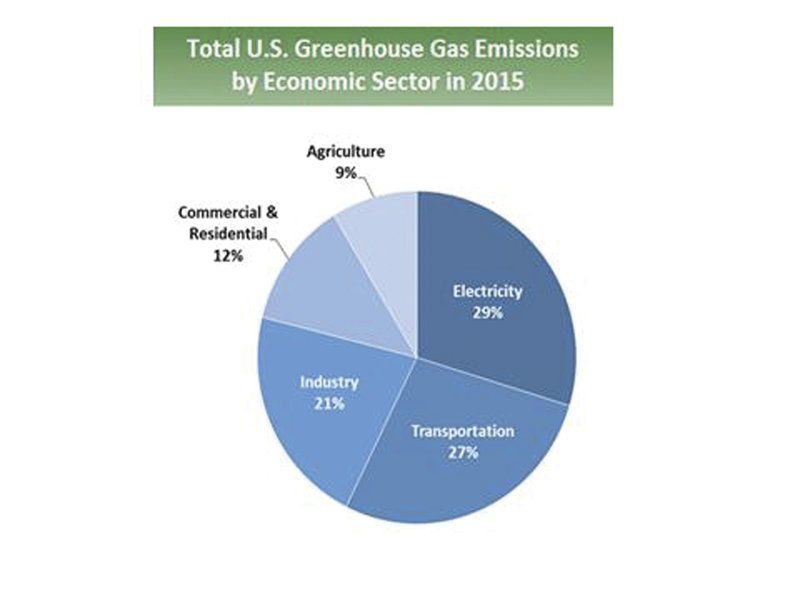Harmful Emissions caused by Traffic and Cars
By: Andrew Thomas
A big issue that we face in our day to day lives in the presence of harmful emissions. This has been an ongoing issue that has presented a great obstacle for the people as the increase in nitrogen oxides, carbon monoxide, carbon dioxide, hydrocarbons, and many other gases are released in transportation, especially in cars is affecting our air. A new study led by University of Toronto Engineering researchers reveals that emissions from nearby traffic can greatly increase concentrations of air pollutants, with highly polluting trucks making a major contribution to the air pollution.
In a recent report, the study has shown that in the large cities of Canada, Vancouver, and Toronto, that traffic emissions have been increasing in these cities which means that nitrogen oxides, ultrafine particles, black carbon, metals, carbon monoxide, and carbon dioxide are also increasing. Cars, SUVs, and light-duty trucks that are fueled by gasoline, diesel, and E85 emit both greenhouse gases and smog-forming pollutants from their tailpipes. Exposure to these emissions can lead to a wide range of health issues, including asthma, cancer and cardiovascular mortality.


Heavy-duty vehicles cover about 5 percent of all vehicles on the road, yet they produce more than 25 percent of global warming emissions that come from the transportation sector and significant amounts of air pollution. As the United States continues to deal with different issues each year, the challenge of reducing emissions from this sector will continue to grow. Addressing heavy-duty vehicle pollution is urgent for improving air quality and lowering global warming emissions in communities around the country. Continuing to lower emissions from fossil fuel-powered trucks is an important first step.
Policies and investments from federal, state, and municipal governments will accelerate the transition to a zero-emissions transportation system which can greatly impact the earth. As these issues continue to develop in our day to day lives, we need to do our best to try and avoid the increase in harmful emissions. So what are some ways we can decrease the number of greenhouse emissions when using transportation? What are some policies that we can enact to prevent these issues?
Sources:
https://www.sciencedaily.com/releases/2019/10/191030073340.htm
https://www.epa.gov/greenvehicles/light-duty-vehicle-emissions
https://www.dieselnet.com/tech/env_effect.php
Sources:
https://www.sciencedaily.com/releases/2019/10/191030073340.htm
https://www.epa.gov/greenvehicles/light-duty-vehicle-emissions
https://www.dieselnet.com/tech/env_effect.php
Comments
Dilanka llangasinghe